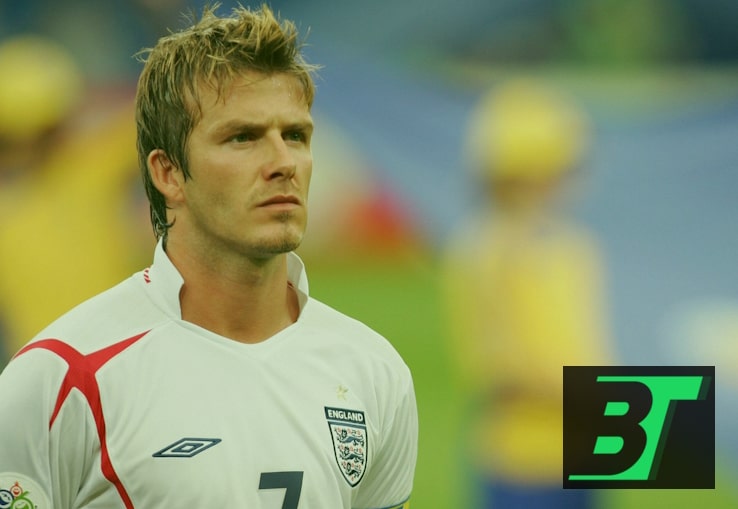
Discover the journey of David Beckham, from Manchester United prodigy to global football icon and ambassador of the game.
David Robert Joseph Beckham was born in London in 1975. From a young age, his dream was to play for Manchester United. His parents, both passionate supporters of the club, encouraged his love for the game. Beckham’s talent was recognized early, and he joined Manchester United’s youth academy. His precise right foot and determination made him stand out among his peers, paving the way for a professional debut in 1992.
Beckham became a central figure in Sir Alex Ferguson’s legendary Class of ’92, alongside Ryan Giggs, Paul Scholes, Gary Neville, and Nicky Butt. His spectacular goal from the halfway line against Wimbledon in 1996 announced him to the world. Over the following years, Beckham’s pinpoint crosses, free kicks, and leadership helped Manchester United dominate English football. His most successful season came in 1998–99, when United won the Premier League, FA Cup, and UEFA Champions League treble. Beckham’s role in providing assists and scoring crucial goals made him indispensable during this historic run.
Off the pitch, Beckham became one of the most recognized athletes in the world. His marriage to Victoria Adams, known as Posh Spice from the Spice Girls, elevated his celebrity status. Beckham’s fashion sense, endorsements, and media presence made him a global icon beyond football. He showed that footballers could transcend sport to influence culture, style, and entertainment.
In 2003, Beckham moved to Real Madrid, joining a team of superstars that included Zidane, Ronaldo, Figo, and Roberto Carlos. The Galácticos era brought immense pressure but also unforgettable moments. Beckham’s work ethic, crossing ability, and professionalism earned respect from teammates and fans. In his final season with Madrid, he helped secure the La Liga title, leaving Spain with his reputation enhanced and his legacy intact.
Beckham’s decision to join LA Galaxy in 2007 was groundbreaking. While many viewed it as a step down competitively, it transformed the landscape of Major League Soccer. Beckham became the face of football in the United States, attracting international attention and inspiring other top players to move to MLS. His time in Los Angeles was marked by league titles and a growing connection between American sports fans and world football. Loan spells at AC Milan kept him sharp, and his influence extended well beyond the pitch.
Beckham’s international career with England spanned over a decade, earning 115 caps. He was named captain in 2000, leading the national team through World Cups and European Championships. His dramatic free kick against Greece in 2001, which secured England’s qualification for the 2002 World Cup, remains one of his most iconic moments. Despite criticism and setbacks, including a red card in the 1998 World Cup, Beckham always returned stronger and demonstrated resilience as a leader.
After retiring in 2013, Beckham remained deeply involved in football. He became the driving force behind Inter Miami CF, a Major League Soccer franchise that represents his commitment to expanding the sport globally. Beckham has also dedicated time to philanthropy and ambassadorial work, using his influence to support charitable causes and promote football worldwide.
David Beckham’s story is about more than goals and trophies. It is about ambition, resilience, and the ability to inspire on and off the pitch. He proved that a footballer could become a global brand while maintaining professionalism and passion for the game. From Old Trafford to the Santiago Bernabéu, from Wembley to Los Angeles, Beckham’s legacy as both a footballer and cultural icon continues to resonate across generations.